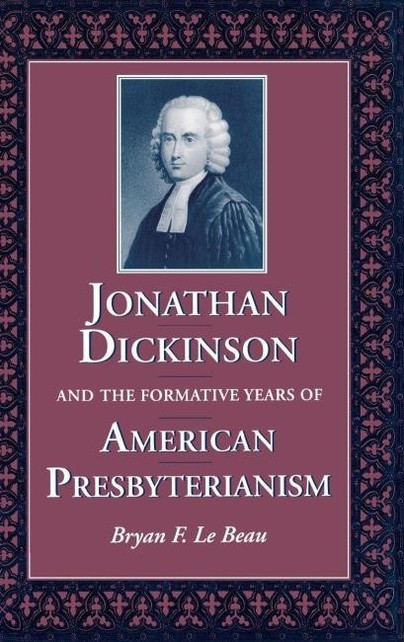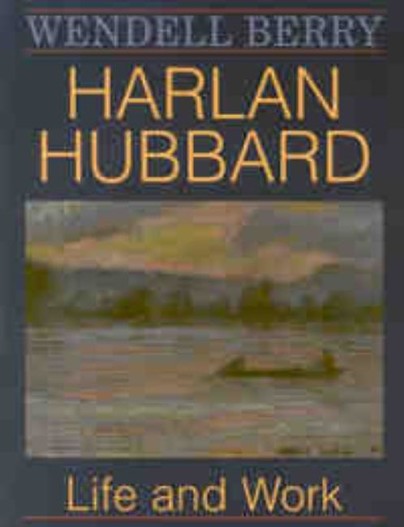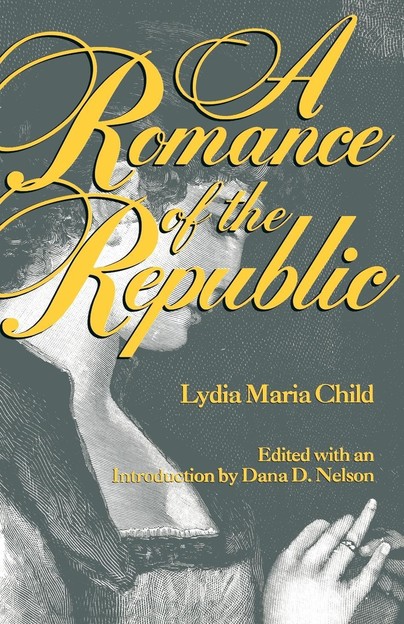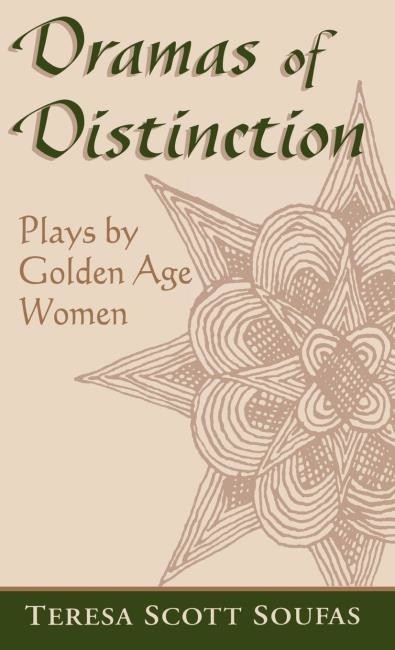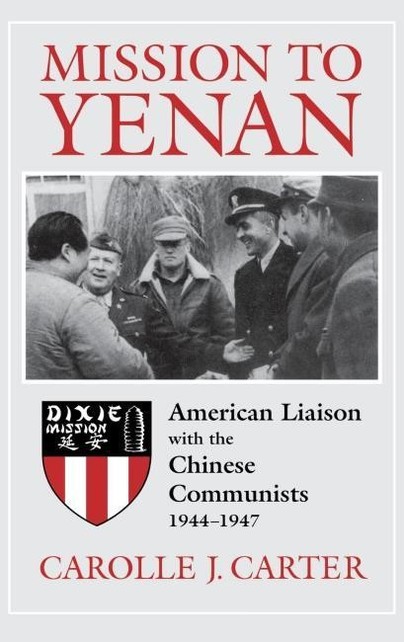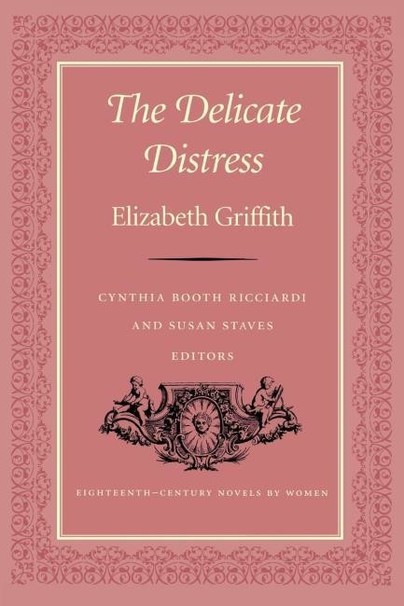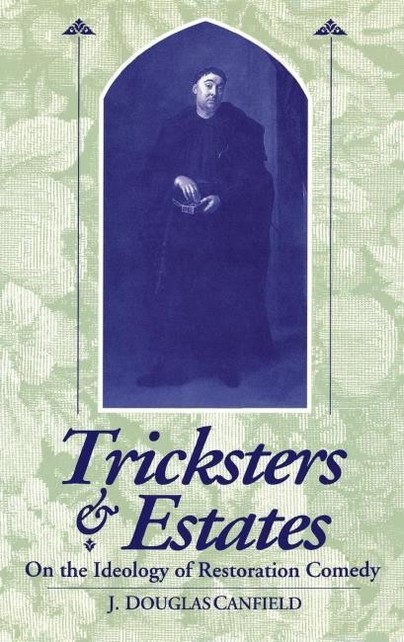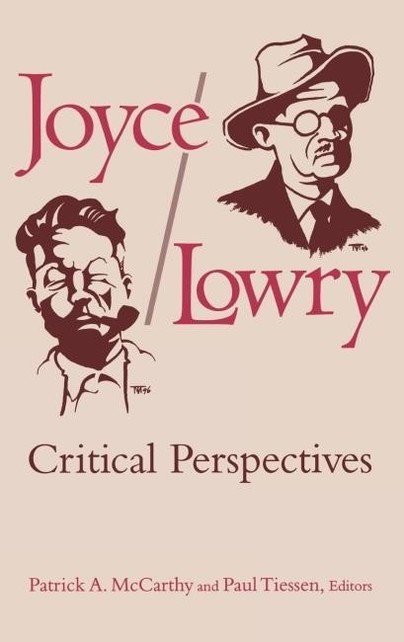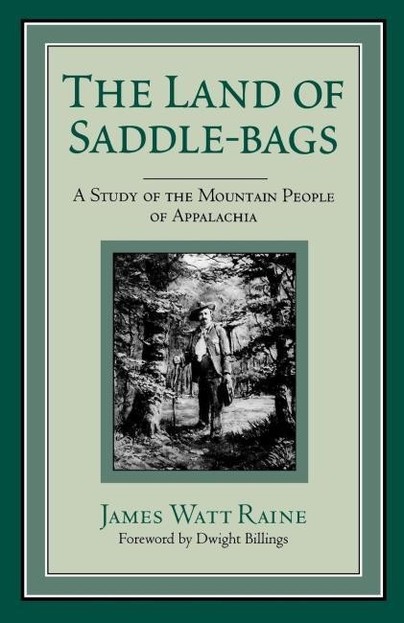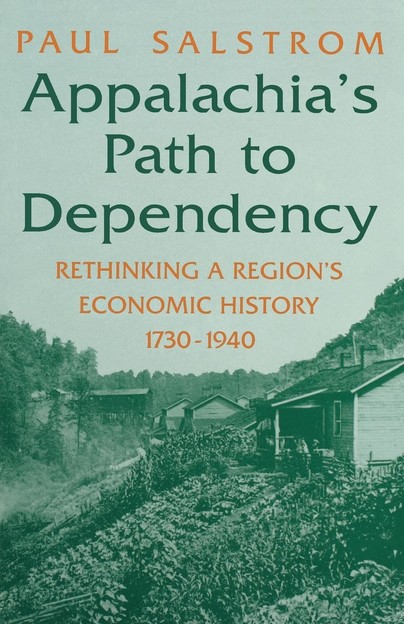Actress, playwright, and novelist, Elizabeth Griffith (1727-1793) won fame in England with the publication in 1757 of the first two volumes of Letters Between Henry and Frances, letters from her own courtship with Richard Griffith whom she secretly married in 1751. Her first novel, The Delicate Distress (1769), focuses on the problems women encounter after marriage -- the issue of financial independence for wives, the consequences of interfaith relationships, and the promiscuity of their husbands.Against a backdrop of rural England and Paris of the ancien regime, Griffith reimagines the epistolary novel of sensibility in the tradition of Samuel Richardson and Jean-Jacques Rousseau from a feminist perspective that centers on strong, intelligent, and virtuous women.
Two sisters exchange letters about urgent ethical questions concerning love, marriage, morality, art, the duties of wives and husbands, and passion versus reason, while two men correspond about the same subjects. At the story's center is the deep distress of Emily Woodville, a virtuous young newlywed who suspects her husband of infidelity with a French marchioness from his past.The third volume in the series Eighteenth-Century Novels by Women, The Delicate Distress contributes to our understanding of the development of the novel. As Cynthia Ricciardi and Susan Staves show, Griffith's exploration of the psychology of characters who observe and reflect but engage in no grand public actions anticipates Henry James. The editors' introduction places The Delicate Distress firmly in the tradition of the English novel, provides the most complete biography available on Griffith's life, and brings together the most important eighteenth- and twentieth-century criticism of the novelist's work.
